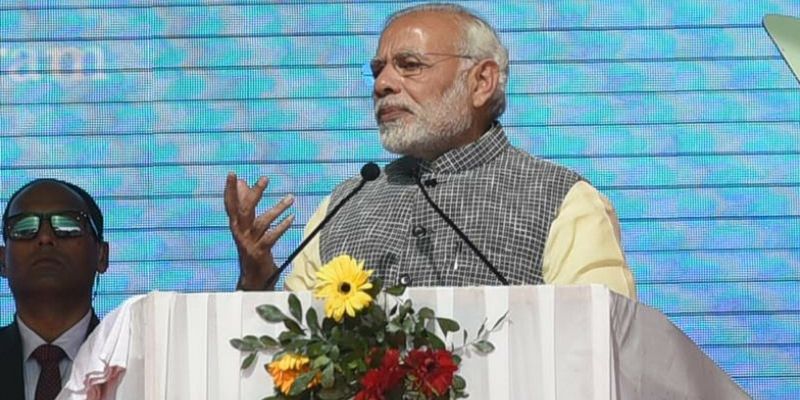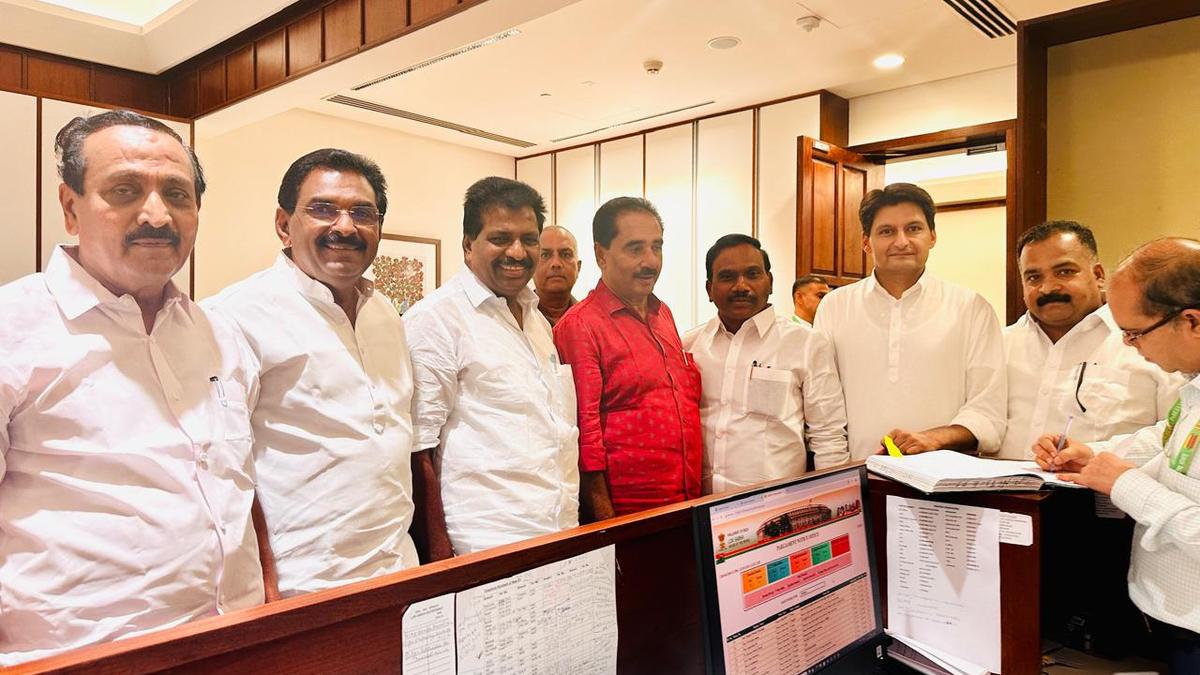Union Home Minister and Minister of Cooperation, Amit Shah, chaired a National Conference in New Delhi today, highlighting the accomplishments of the Ministry of Cooperation during the first 100 days of Prime Minister Narendra Modi’s third term. At the event, Shah introduced “White Revolution 2.0” alongside the launch of ‘Margdarshika,’ which aims to establish and strengthen 2 lakh new MPACS (Primary Agricultural Credit Societies), Dairy, and Fishery Cooperatives. He also unveiled the Standard Operating Procedures (SOPs) for fostering collaboration among cooperatives.
 White Revolution 2.0 aims to boost women’s empowerment and self-reliance, with a specific focus on combating malnutrition. Shah emphasized that the 10 key initiatives implemented in the initial 100 days of Modi 3.0 will play a vital role in making the cooperative sector more self-sufficient and inclusive. Prime Minister Modi’s vision of promoting natural farming will also be reinforced by expanding the animal husbandry business, which will reduce the need for importing dairy machinery, as 100% of such equipment will now be manufactured domestically.
White Revolution 2.0 aims to boost women’s empowerment and self-reliance, with a specific focus on combating malnutrition. Shah emphasized that the 10 key initiatives implemented in the initial 100 days of Modi 3.0 will play a vital role in making the cooperative sector more self-sufficient and inclusive. Prime Minister Modi’s vision of promoting natural farming will also be reinforced by expanding the animal husbandry business, which will reduce the need for importing dairy machinery, as 100% of such equipment will now be manufactured domestically.
A significant milestone, according to Shah, is the registration of two lakh primary cooperative societies, which will ensure every panchayat in the country hosts a PACS, dairy, or fishery cooperative. He noted that PACS will become more sustainable by diversifying their activities, now extending beyond short-term agricultural loans to include ventures like dairy, fisheries, warehouses, and retail services such as LPG distribution.
Shah also highlighted that the dairy sector serves as a powerful medium for empowering rural women, making them self-reliant and independent. With the dairy sector flourishing, India could also earn foreign currency through exports, thus advancing self-sufficiency in the industry. In addition, he pointed out that the cooperative sector will help integrate the country’s cooperative institutions at every level—from panchayats to state organizations.
In his address, Shah reiterated that cooperation is about harnessing individual strengths for societal advancement. He pointed to successful cooperative models in Gujarat, where 36 lakh women involved in dairy production contribute to a business worth ₹60,000 crore annually. He also mentioned that White Revolution 2.0 will not only empower women but will also be a critical tool in the fight against child malnutrition, especially benefiting underprivileged children.
Moreover, Shah stressed the government’s commitment to providing full budgetary support for initiatives like natural farming and animal husbandry, further enhancing the country’s agricultural sector. Through collaborations between cooperative banks and societies, significant strides have already been made in financial inclusion, especially for women, as demonstrated by successful pilot programs in Gujarat.
As India continues to lead globally in milk production, Shah affirmed that the country is on a path toward complete self-reliance in dairy technology and equipment production. He noted that all machinery, once imported from nations like the Netherlands and Japan, will now be produced domestically, underscoring India’s commitment to becoming a leader in the global dairy industry.




